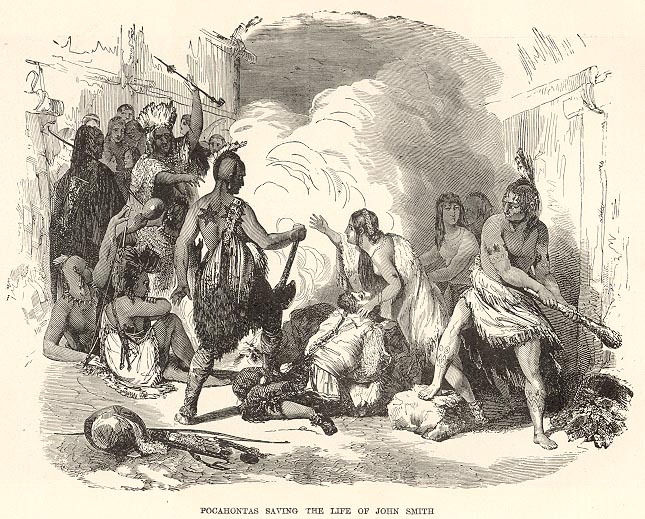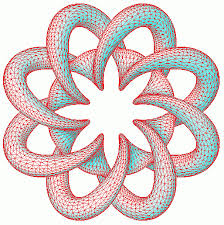
I am working my way through this
magnum opus by the respected British historian Chris Wickham (at least I respect him, and the British Academy and Oxford University Press, too).
It concerns the social, political, and economic transformations of the Roman world over a fascinating but difficult-to-document period of history, 400-800. It's based on years effort by Wickham to come to grips with often sparse primary sources in over half-a-dozen ancient languages and vast secondary commentary and theorizing in many more modern tongues.
I am of at least two minds about this book. It is really big and correspondingly expensive -- $175 US. This will put it beyond the reach of many, many university libraries. It seems to me that Oxford University Press has chosen to reach out to a very narrow audience indeed, by chosing a smaller press run and a higher price. They are saying that out of 6 billion + human beings on the planet, 6 billion + will not have access to this book. The people who will have access are just a rounding error. And if they made that choice, then to some degree Wickham and the British Academy which funded his project made the same choice.
They all might say, well, if the project was worth doing, it was going to be at least as big (800 + pages of exposition, not including bibliography) and how many people do you expect to read it anyway? And there's definitely something to that argument. I'm a professional historian who has worked in this period (but no longer) and is still really interested in it and I have barely enough time to look at it. But the self-fulfilling prophecy part of this argument still bothers me. I'd be a lot happier if I knew that this material would be available in some form to the 6 billion +, and not just to those of us who are part of the rounding error. A shorter summary by Wickham later? Of 350 pages? Or maybe Google Scholar will have a role in disseminating the book's conclusions?
If this book is as good as it seems, it shouldn't just be assigned to a few grad students at high-level research universities.
And there's where my "second mind" about this book comes in. I am eating it up. Wickham has set out to make big generalizations and then nuance them. No doubt he has made errors that specialists will pillory him for, but scholarship on the really big questions only progresses when people really stick their necks out. If they come up with something interesting enough, their faulty generalizations will inspire debate and research for a century to come.
Maybe Wickham will play that role.
Here's something from the book that illustrates what I mean. Wickham argues -- if I understand him right -- that over the 400 year period techniques of aristocratic exploitation of land and cultivators didn't change that much and that many of the same families must have been involved the whole time. Yet aristocrats did not retain a sense of historical continuity over that period. Here's what Wickham says on p. 168:
By 800 there is not a single person anywhere in the former empire, with the sole exceptions of the Mamikonean and Bagratuni families in Armenia, whose male-line ancestors in 400 are securely known. And yet, in 800 a high proportioni of the city-level aristocratic families were assuredly still around, speaking Latin, Greek, Coptic, Arabic, Berber, German, Welsh.
Don't you feel you know a little more, just reading that?
Two further points: the big flaw in this book is that the Balkans are not discussed. Wickham says he just could not handle the additional languages he'd need to read the relevant scholarship. A real practical hurdle, I admit. But in the 3rd and 4th centuries the Balkans were a really central part of the Roman Empire and is it really justifiable to leave that region out? Could he perhaps have got a collaborator for that section? Certainly there ought to be a response from some daring Balkan historian that relates to Wickham's admittedly incomplete synthesis.
And for those of you wondering how I got into the rounding error, no, I did not spend my own money. Nor did I use the university's money, given all the other books we need for our direct teaching mission. A generous donor, an amateur of history who shall remain anonymous here, bought it and after reading it sent it along to me. I hope that donor -- a person I happen to know has an instinct for picking the good books -- got as big a kick out of it as I am.
Little detail: the photo used for the cover is of a site called Serjilla in Syria. Clicking on it twice should give you a bigger version.
Update: It occurs to me that my reaction to Wickham's quote makes me look pretty gosh-wow about the use of that Armenian evidence to qualify his broad generalization. Perhaps so. But one reason I am impressed is that after 160 pages of this book, I'm convinced that Wickham was pretty careful in checking his facts right across the old empire. I like a book that takes all the regions of the post-Roman world seriously. Note: though he left the Balkans out, Wickham intends to discuss both Ireland and Denmark where possible and relevant.
 For next week's Chivalry seminar I had originally assigned a section from the History of William Marshal on the Battle of Lincoln (1217, in living memory for the author). Like the Song of Roland, our main text for next Monday, there is a lot of talking before and during battle, of an encouraging and boastful sort. Going through the History again, though, I was struck by this passage:
For next week's Chivalry seminar I had originally assigned a section from the History of William Marshal on the Battle of Lincoln (1217, in living memory for the author). Like the Song of Roland, our main text for next Monday, there is a lot of talking before and during battle, of an encouraging and boastful sort. Going through the History again, though, I was struck by this passage:















